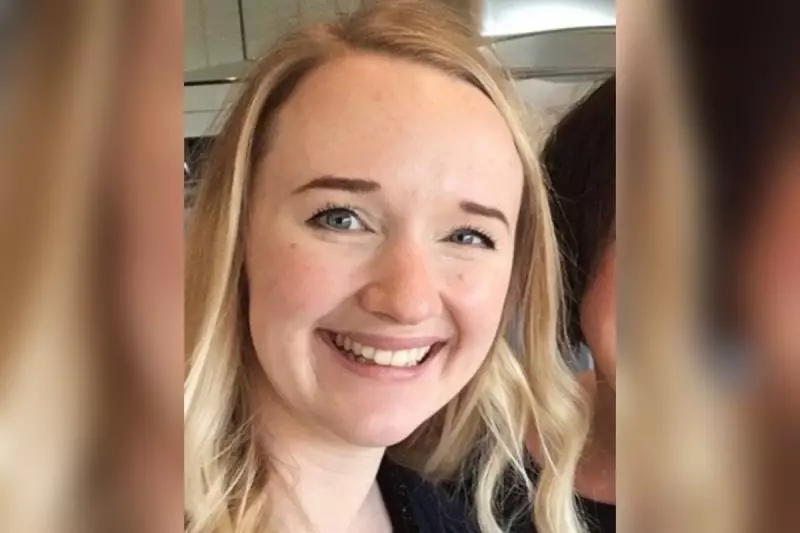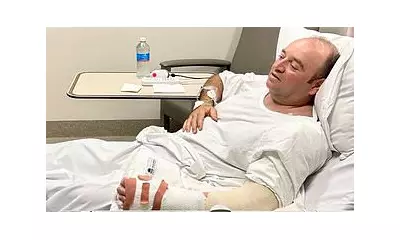
A full-scale investigation has been initiated following the tragic deaths of two family doctors, which are believed to be linked to inspections carried out by the healthcare regulator, the Care Quality Commission (CQC).
The case has sent shockwaves through the medical community and prompted urgent questions about the immense pressures facing General Practitioners and the potential impact of the CQC's inspection regime.
A Pattern of Tragedy
The two GPs, who have not been formally named, took their own lives after their practices were inspected by the same team of CQC officials. The first doctor died in 2022, and a second tragically died in late 2023. Both incidents occurred in close proximity to the inspections.
This has led to serious concerns being raised by colleagues and the wider profession about whether the inspection process itself can be a source of extreme stress for dedicated medical professionals.
System Under Scrutiny
NHS England has confirmed it is working with the CQC and other bodies to thoroughly examine the circumstances surrounding these devastating events. The investigation will scrutinise the inspection process, the communication methods used by the regulator, and the support available to GPs facing such audits.
A spokesperson for the CQC expressed deep sadness over the deaths, stating, "Our thoughts are with the families, friends, and colleagues of these two GPs. We are taking these concerns extremely seriously and are fully cooperating with the independent investigation to understand if there are any lessons to be learned."
Mounting Pressure on Frontline GPs
This incident highlights the escalating crisis within general practice. GPs across the UK are reporting record levels of burnout due to:
- Soaring patient demand post-pandemic.
- Chronic workforce shortages and difficulties in recruiting new doctors.
- Administrative overload and complex regulatory requirements.
The outcome of this investigation is being eagerly awaited by the medical community, who hope it will lead to a more supportive and compassionate approach to regulating those who care for the nation's health.





